Self-Transcendence in Nursing
Self-transcendence is a particularly important topic in nursing. Nursing is one of the few occupations that demands two simultaneous perspectives: a close, detail-oriented perspective on the here and now, and a broader, more holistic and optimistic perspective.
It is also a unique context for self-transcendence, in that it is something that is possible, desirable, and achievable in a team context for both the patient and the nurse. It can act as both encouragement and inspiration for the patient to achieve wellness, and as motivation and purpose for the nurse is acting as a caregiver.
Indeed, research has shown it to do just that; nurses who have achieved high levels of self-transcendence are more engaged, dedicated, and absorbed in their work than those with low self-transcendence (Palmer, Quinn Griffin, Reed, & Fitzpatrick, 2010). Further, interactions between nurses and patients can facilitate self-transcendence in patients, improving their health and their global well-being (Haugan, 2013).
This focus on self-transcendence in nursing came about when nurse and researcher Pamela Reed outlined her theory on the subject.
Pamela Reed’s Self Transcendence Theory
Reed (1991) defines self-transcendence as “expansion of self-conceptual boundaries multidimensionally: inwardly (e.g., through introspective experiences), outwardly (e.g., by reaching out to others), and temporally (whereby past and future are integrated into the present).” She later added another type of expansion: transpersonal expansion, in which the individual connects “with dimensions beyond the typically discernible world” (Reed, 2003).
According to Reed’s theory, people can be considered open systems (as opposed to closed systems, which do not take in new information and are not open to change) whose only obstacle between themselves and self-transcendence is the boundary they impose upon themselves.
Humans need some conceptual boundaries, of course, but the expansion of these boundaries outward to include more of the environment, more human beings, etc., puts people in a state of greater connectedness with their environment and encourages a sense of “wholeness” they may not otherwise have (Reed, 1991).
This state of expanded consciousness is what Reed calls a developmental imperative; like Viktor Frankl and Abraham Maslow, Reed’s theory posits that self-transcendence is a natural and desired developmental stage, which people must reach in order to be fulfilled and to have a sense of purpose (Reed, 2003).
Three important concepts form the core of Reed’s theory, including self-transcendence; the other two concepts are:
- Vulnerability: the awareness of one’s own mortality that develops with age, health issues, and crises.
- Wellbeing: the sense of being healthy, whole, and generally fulfilled and satisfied with one’s state.
These three concepts are vital pieces of the three major hypotheses of Reed’s theory:
- Older adults (especially those nearing the end of their life) will generally have higher self-transcendence than younger people (note: this has been supported by research, e.g., Ellermann & Reed, 2001).
- Conceptual boundaries can fluctuate, and will likely affect well-being when they do.
- The relationship between vulnerability, self-transcendence, and well-being is modified and facilitated by a person’s own traits and characteristics and the environment in which they are situated (Reed, 1991).
This theory has mostly been accepted by the nursing community, and research has shown that self-transcendence plays an integral role in healing and in dignified acceptance of the end of life.
One of the major ways in which self-transcendence can impact end-of-life experience is through spirituality.
 Self-transcendence: it’s a term you’ve probably heard before.
Self-transcendence: it’s a term you’ve probably heard before. Self-transcendence could be considered the neglected younger sibling of
Self-transcendence could be considered the neglected younger sibling of 
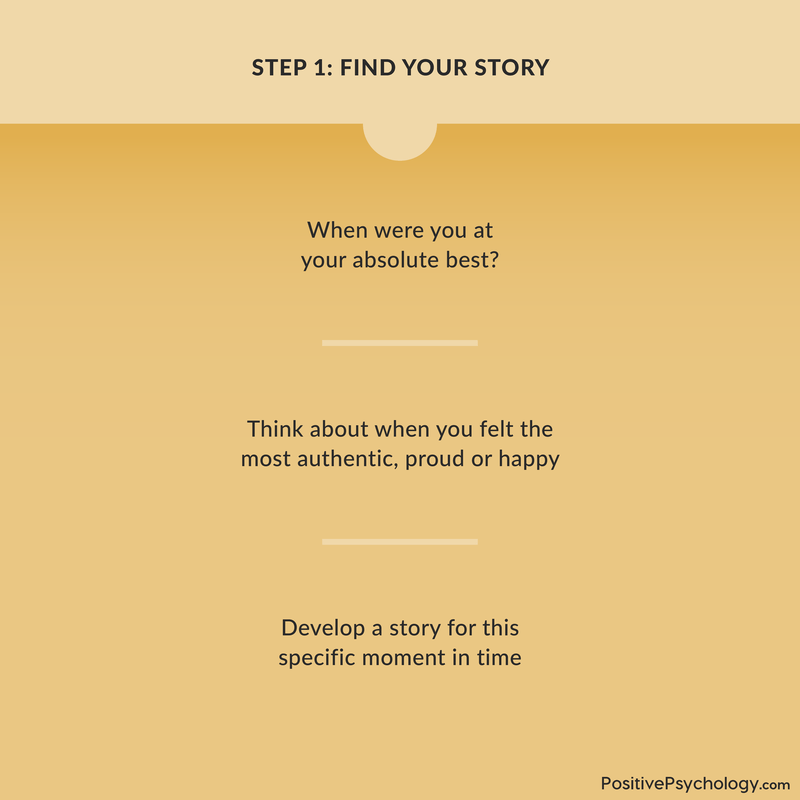
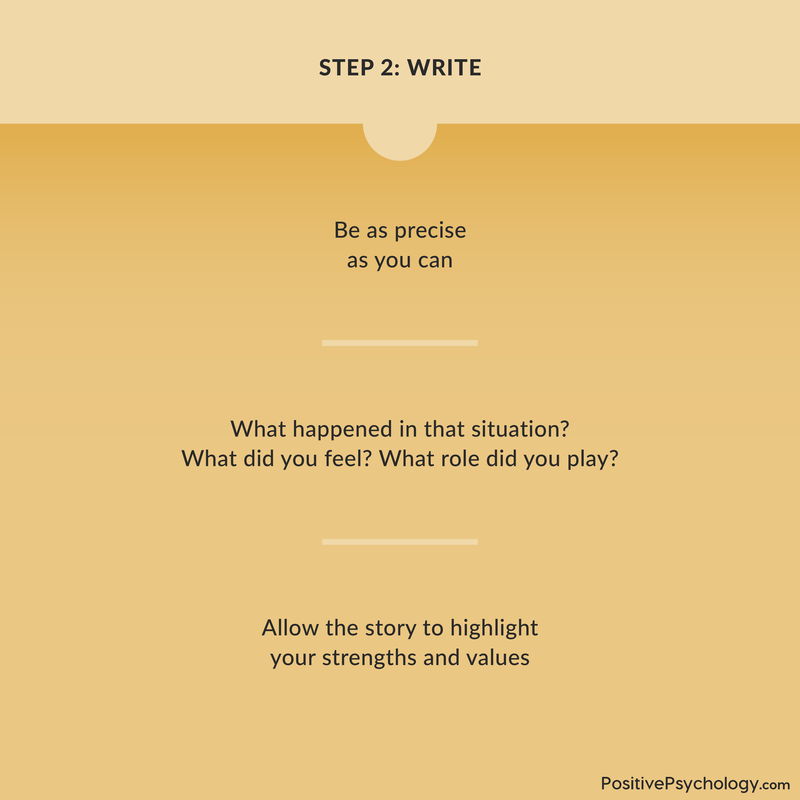
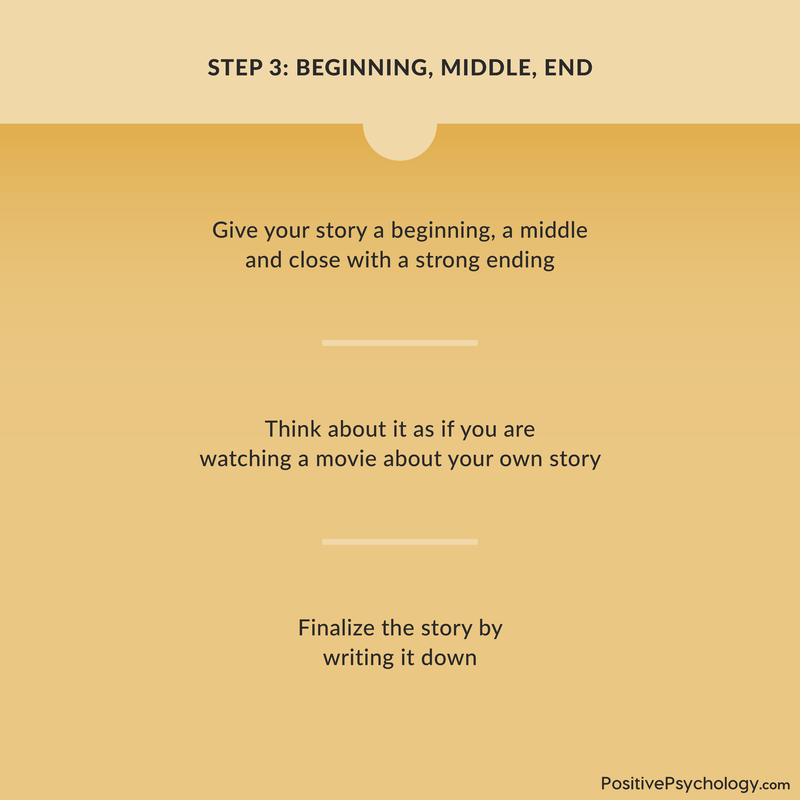
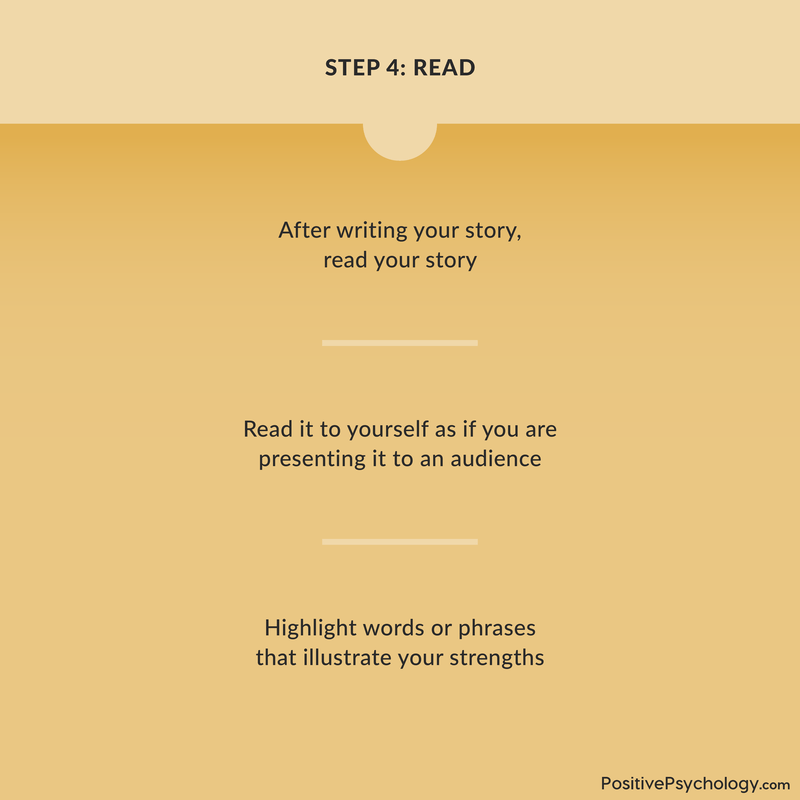

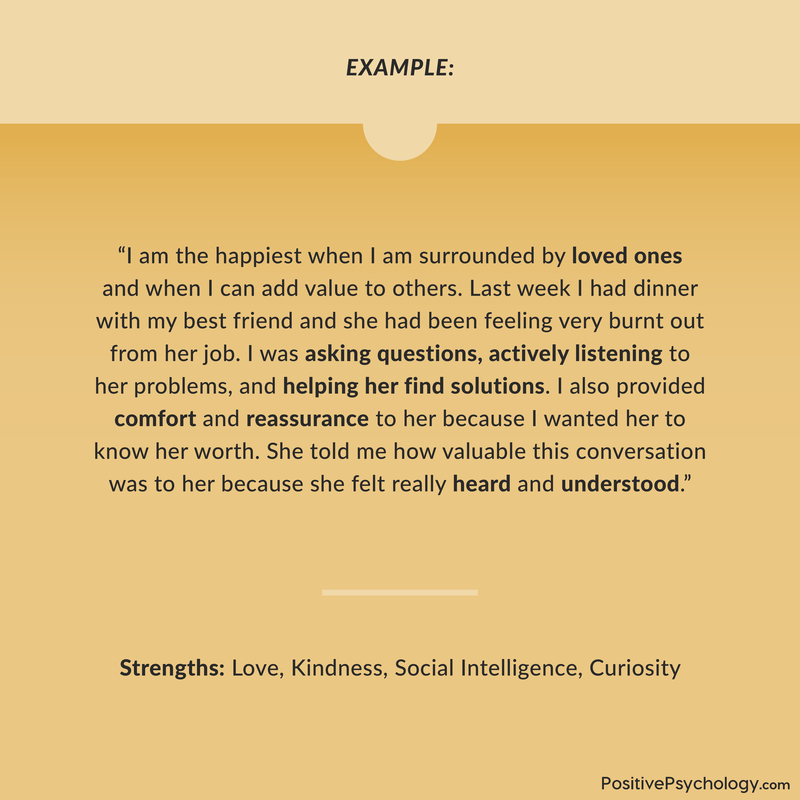


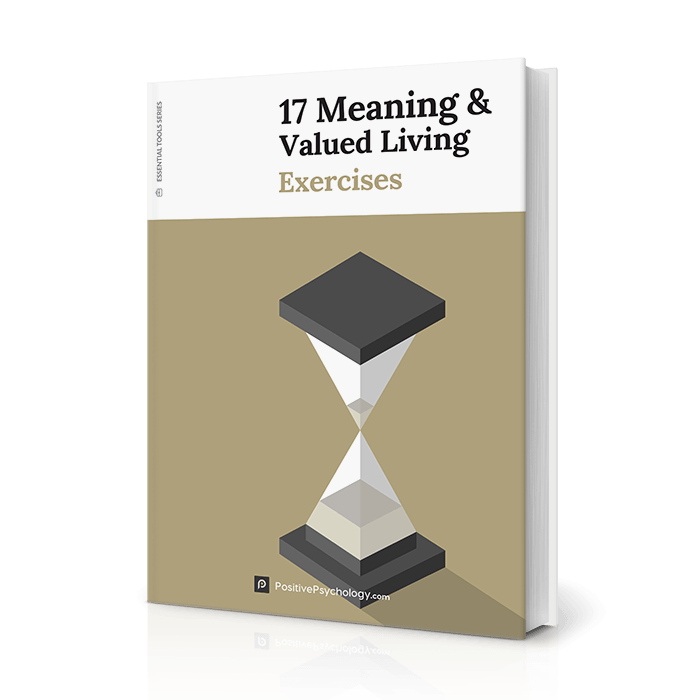



What our readers think
After having read the article I realised that it was like an enlightenment which I have been living through rather unconsciously.The article has reinforced many of my beliefs.It is believed that ignorance is at the root of our problems hence it’s my time tested mantra what we can live without holds the key to our real happiness.
I believe that I have experienced transcendence only once in my younger years; it was at a concert by a group of teachers from an arts college, specifically a piano trio by the Swiss composer, Andreae. I have long felt that the strong emotions experienced by many pop music fans are akin to those experienced by devotees of art (“classical” in the broad, inclusive sense) music. I think it possible to enjoy music or theater of any type without either catharsis or transcendence, but that they may occasionally happen serendipitously. In my dotage a love for my son with a personality disorder has allowed more frequent episodes of getting outside myself for moments of bliss.
Due to work related discrimination ongoing for decades, proven through many internal investigations, i seem to have reached a state of perpetual transcendence. It started in 2012, one year after a formal complaint was filed by my union n my behalf. The complaint then continued and the ill treatment towards me increased. Management stole personal belongings trying to trigger a violent reaction, to force me out of work. Meditation and eckhart tolle allowed me to stay present.
The complaint was resolved in 2021, my transcendence was about that time period or earlier. Hard to choose specificially, during the decades i studied all world religions seeking answers to my situation. The book of job guided me. As did buddhism. The christian bible and other faiths.
I came to the realization that all major faiths, not religions per se, were guideposts, all leading to the same destination. Realization that we are the creator, observing our own creation. No beginning, no end, no birth, no death, only transformation to a new experience of creation yet again, with fresh eyes, blinded to our true identity. Blinded by choice, to play the game of life anew, experiencing all of creation, good, bad, ugly and beautiful. For to know in advance the game we play, would ruin the game itself. All the world is a stage, and we are merely players.
Recently events have led people to me, who inquire about life, religion, and my thoughts on matters. It appears that the self transcendence has been noticed and has changed my life immensely. I worked for the federal government for 33 years, in hindsight more of a prison of abuse due to my neuro divergent thinking from aspergers. As a Blessing this form of autism blinded me to their social forms of harassment, thinking everyone is good and kind. My weakness became my greatest strength, amassing 30k of pages of supporting documents between myself, the union and the employer staff relations. I never rose above the clerk level, even with a university degree.
The transcendence was intermittent monthly, then weekly, then daily from 2012-2021 , becoming permanent in 2021. Imho. Perhaps it may fade again. Time will tell.
I had a transcendental experience in 1973 when 38 years old, following an intense period of prolonged stress. It was a terrifying yet uplifting experience where I thought my sanity was in jeopardy. The inner feelings of awe, joy and ecstacy enabled me to overcome those negative feelings of depression brought about by my personal experiences. Over the next few years I researched the available psychological and religious literature and came to the conclusion that the “call by God” was analgous to the transcendental psychological experience that freed the mind from any illusions, delusions and negative attitudes developed during our formative years. In this I could relate to Prof. Carl G Jung’s psychological between 1913 and 1917.
For me the concept of God is the higher function of the human mind retained and released from the ascending reticulo-limbic brain stem (subconscious) under special circumstances that subsequently impacts on our consciousness.
It is a cognitive/emotive skill that is not well developed in all humans and takes specialised education and training during our formative years to a tertiary level, just like any other professional career, such as mathematics or science. In human history there are occasional individuals who have attained this state of mind in a serendipitous manner when their psyche has been freed from the control the ego has over their cognitive processes and they have access to original ideas, thoughts and processes (not indoctrinated). It is patently obvious to me it is a higher internal function of the mind and not some hidden force from the cosmos. Buddha, Jesus and Mohammad had this experience but Hitler was captive to his own ego and imagination.
I, too, had a similar experience. It felt like for a few precious seconds, the background chatter that is our cognitive process was stalled, and I had a chance to perceive what is beyond that. It was an ecstatic connection with the universe as a whole. I felt like I was a drop of water in a vast ocean. I was indistinguishable from the ocean. I felt accepted and loved by the universe. For a while I took it to be a connection to God. I had been an agnostic up to that point. But, then I began to think that it was just an illusion, brought upon by a sort of “short circuit” of my brain. And then I ran into theories that put forth a physiological explanation for the “illusion” of transcendence. Recently, as I’ve gotten older, I have decided that it didn’t matter what the source of the perception was. What is important is what I perceived. Thank you, Dr., for sharing. It brings me some comfort to know that there are others out there who have experienced the same thing.
I am not a clinician or researcher, but I am searching. I’ve begun considering the purpose of life, which until recently I viewed as a useless exercise. Quite frankly, being a good ‘Human’ is not my goal any longer.
The things that humans do…
To me ants have a better organizational, communal and familial society than humans ever will. Every member of their society is educated, trained, housed, fed and lives a purpose filled life. It is integral to their existence.
Which is why I was led here, in my twilight years, I want to be ‘Better Than Human’.
Thank you for the article!